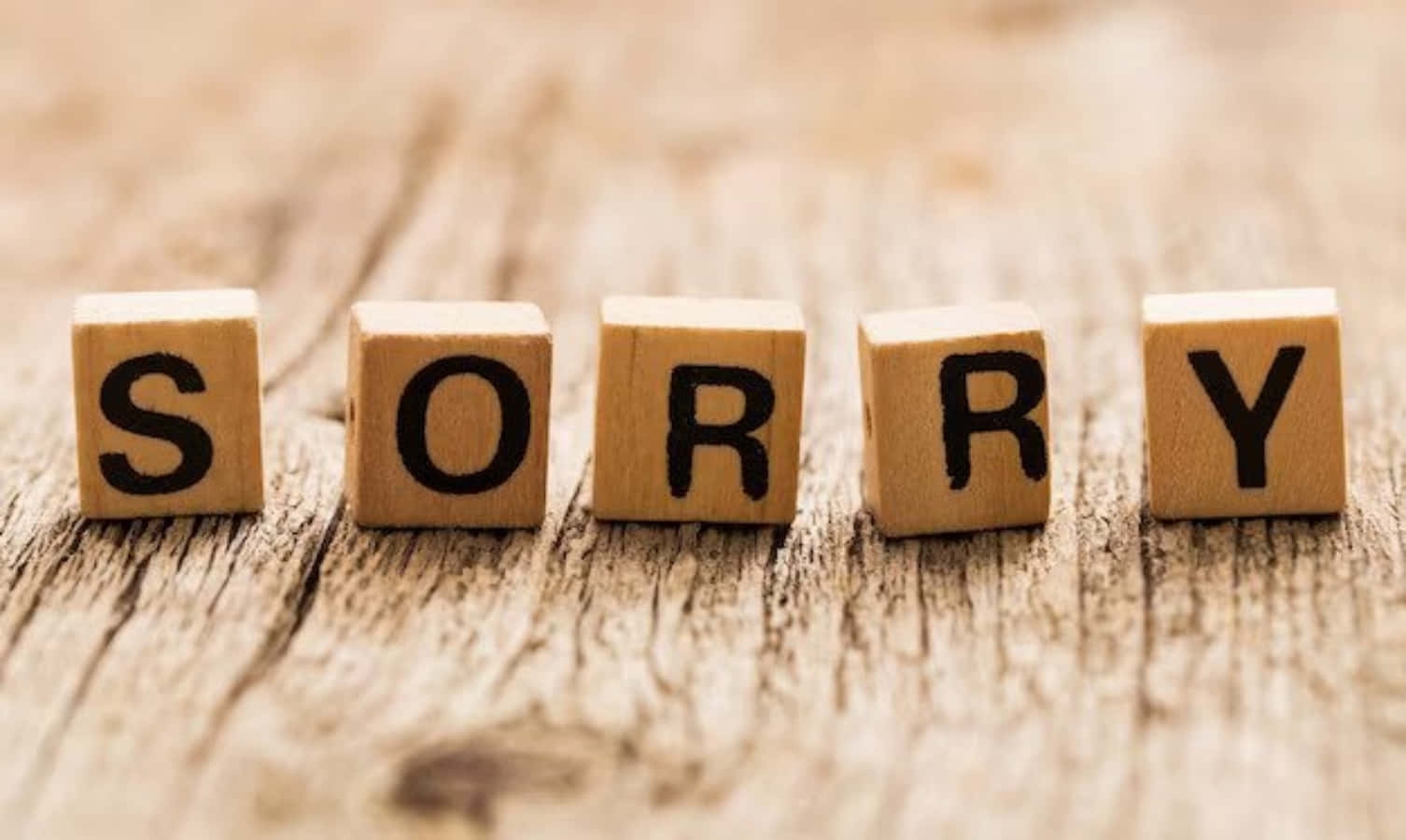Note: This article is from Craig Dowden, author of Do Good to Lead Well - The Science and Practice of Positive Leadership, who discusses the three characteristics of apology.
The simple act of apologizing can make or break any relationship. A study published in the Proceedings of the National Academy of Sciences studied how people responded to an apology from someone who had offended them.
The researchers examined the effect of an apology on tolerance immediately after offering it as well as its impact several weeks later. They discovered that people were more tolerant and less angry towards the person who gave the apology, and that these feelings lasted for a long period, up to a month after that.
In fact, it seems that people forgive those who wronged them in proportion to their apology. If the person at fault deeply regrets it and makes a great effort to compensate for the damage they caused, the affected person is likely to forgive them much more quickly than if the person was late in apologizing. Eventually, the researchers found that an effective apology is crucial to building stronger relationships and trust.
The three characteristics of an effective apology
How can we apologize properly? In the study conducted in the Proceedings of the National Academy of Sciences, the research team identified these three characteristics of apologies:
1. Saying sorry
Mentioning these magic words is an essential part of a successful apology. People want to hear an explicit confession of regret, and we also need to be specific about the words or actions we apologize for. Acknowledging the specific mistake one person has committed against another helps the healing process and increases confidence that action will not happen in the future. This is because we show that we understand the mistake we made.
Saying, “I am so sorry I used the last copy sheet; I forgot to tell you I needed to ask for more,” for example, is a much more effective apology than simply saying, “I am sorry for that,” or “I am sorry it will not happen again.”

2. Offering some form of compensation
This indicates authentic remorse for the harmful act and the accompanying desire to facilitate healing. There is a direct way to do this, which is to ask a question such as, "What can I do to compensate for that?" The compensation must be sincere and compatible with the size of the mistake committed; Otherwise, the gesture will not look like an actual apology but like a bribe to buy their forgiveness.
Saying, “I am so sorry to use the last copy sheet; I am going to go buy a new box now to replace it,” is much more effective than saying, “Sorry about that; coffee is on me this afternoon,” which is why asking people what we can do to make it up to them is so important.
An individual can guide you in this regard. Otherwise, a well-meaning gesture may lead to more conflict and frustration, which is especially important when we have no idea why the other person is upset with us, and if we assume and act accordingly, we risk exacerbating the conflict.
3. Taking Responsibility
Do not try to justify misconduct in any way, for example, by saying, “I was under pressure at the time” or “I know I yelled at you in front of everyone, but you just told me the project is late.” This suggests that we do not take responsibility and blame the circumstances and/or the other party for provoking us, which undermines trust and weakens the apology.
Saying, “I am sorry, but you did not tell me the copy paper was about to run out,” for example, is never an apology.
Avoid “fake apologies”
Don't make a "fake apology" either; we apologize for offending the other person instead of apologizing for our wrong behavior. A terrible example of this type of apology is when someone says, "I'm sorry if I understood it this way." Such words often appear aggressive and condescending because they can be interpreted as: "If you were smarter, you would know what I mean." Finally, and equally important, make an apology a habit only when necessary.
Exaggerating an apology can make it seem like an unusual reaction, which can weaken its effectiveness. Mistakes are inevitable. We can either allow it to negatively affect how others perceive us or use it as an opportunity to repair and strengthen relationships. The choice is ours.






Add comment